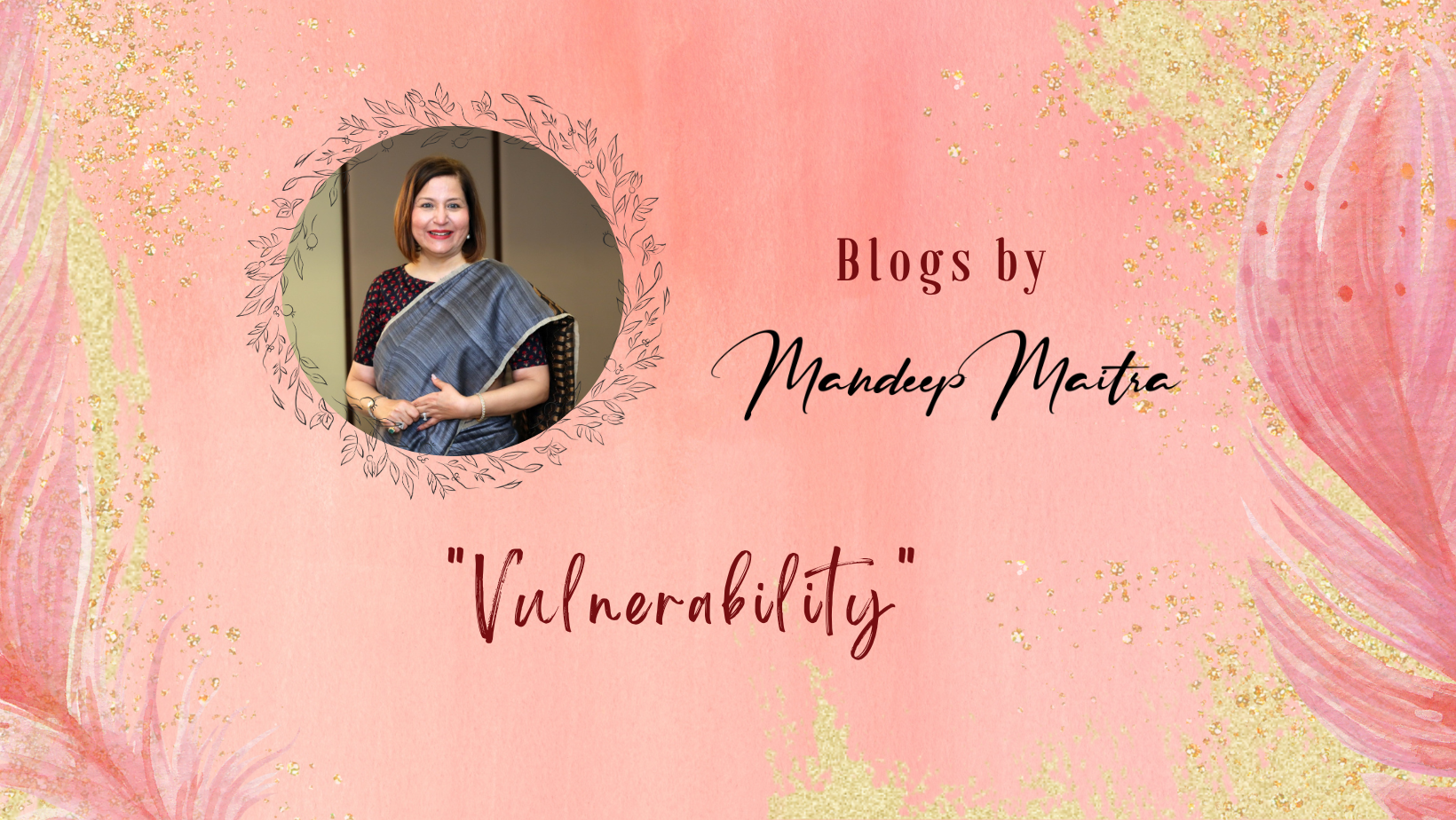
Vulnerability. It is one of the most undervalued and misunderstood of all human qualities. For a long time, it was considered a weaknesses. Not anymore.
Without the willingness to be vulnerable, we will not build deep and lasting relationships in life. That’s because there is no better way to earn a person’s trust than by putting ourselves in a position of unprotected weakness and demonstrating that we believe they will support us.
Yet society encourages us to avoid vulnerability, to always project strength, confidence and poise. Although this is certainly advisable in some situations in life, when it comes to important, ongoing relationships, it stifles our ability to build trust.
For those who provide service to clients, vulnerability is particularly powerful. Those who get comfortable being vulnerable are rewarded with levels of client loyalty and intimacy that other service providers can only dream of.
Can you be too vulnerable? No. Of course, if you come to your clients every day admitting that you’ve made yet another mistake or that you don’t know how to do yet another required element of your job, that would be a serious problem. However, it would not be an issue of vulnerability, but rather of competence: The problem would not lie in the admitting of so many weaknesses, but in the having of them!
Patrick Lencioni is a New York Times best-selling author of eight books. In his 2010 book called Getting Naked: A Business Fable About Shedding the Three Fears That Sabotage Client Loyalty shares the story of his Management Consulting firm called The Table group that started in 1990s and provided variety of services to a wide range of clients in just about every respectable industry imaginable. From the beginning they adopted a simple and informal approach to serving clients that provoked surprising levels of loyalty and trust. They call that approach naked consulting.
Why do we resist being naked with our clients?
For one, we think it will hurt our chances for success. We fail to realize that, even though clients require us to be competent enough to meet their needs, it is ultimately our honesty, humility and selflessness that will endear us to them and allow them to trust and depend on us.
Naked service is rare, which means it provides an opportunity for a powerful and tangible competitive advantage for those who embrace it. They will build stronger, stickier relationships with their clients; they’ll have more comfortable and collaborative discussions about pricing and fees; and they’ll enjoy their work much more.
The ‘naked approach’ is certainly not limited to the management consulting field. It applies to anyone who provides ongoing, relationship-based advice, and whose success is tied to building loyalty and sticky relationships with the people they serve.
In my opinion on a personal level and at work what holds people back from being seen vulnerable is the fear of being embarrassed! No one likes making mistakes in public and having to endure the scrutiny of supervisors, colleagues or clients especially when clients will ultimately be paying for advice or counsel. This fear is rooted in pride, and it is ultimately about avoiding the appearance of ignorance, wanting to be seen instead as smart and competent.
I often find young professionals hesitating to make suggestions in the event they turn out to be laughably wrong. They stay silent or readily admit what they don’t know and are quick to point out — even celebrate — their errors because protecting their intellectual ego is important to them. (Not to say this habit is not seen in senior leaders)
It is completely natural for young professionals to yearn for respect and admiration, and to have a disdain for being overlooked, condescended to or treated as though they are inferior.
In the era I started working, I only projected strength, confidence and poise, because that is what was expected of us!!! I understood what real vulnerability meant only after going through two major illnesses. Even now I am able to show my vulnerability only ‘selectively’ (or partially). This no doubt helps build stronger relationships and affirms trust in people one works with; but can hurt too if someone talks about what you shared out of context.
And I also realized India Inc. has yet to start accepting this wholeheartedly.
(This article first appeared on the WiP page on 10th April, 2023. I am the founder of WiP which is a cohort of like minded talented women who help each other grow in a fun filled, judgement free manner!)
